In association with Taconic Biosciences and BioServe Space Technologies, selected concepts from this Request for Proposals will support Rodent Research Reference Mission-1, a CASIS-sponsored initiative to support biospecimen research onboard the International Space Station U.S. National Laboratory
Kennedy Space Center, FL — September 11, 2018 - The Center for the Advancement of Science in Space (CASIS) today announced a Request for Proposals (RFP) for investigators seeking to access biological specimens from its Rodent Research Reference Mission-1, Applications for Spaceflight Biospecimens, to support fundamental biomedical inquiries sponsored by the International Space Station (ISS) U.S. National Laboratory. On SpaceX's 16th resupply mission to the space station, CASIS intends to send 40 mice of two different age groups to the orbiting laboratory for comparison with age-matched ground controls as part of a reference mission. Awardees from this RFP will have the ability to evaluate ground control and spaceflight biospecimens after their return to Earth.
Rodent spaceflight experiments have provided a broad range of translational data pertinent to biomedical advancements in neurology, muscle and bone physiology, immunology, and cardiovascular and developmental biology. This Rodent Research Reference Mission will allow researchers to further analyze biological specimens toward better disease modeling to improve patient care on Earth. Proposals requesting biospecimens should be responsive to one of the two emphasis areas described below (or should include in the technical description of the proposal the hypothesis-driven science justifying use of the biospecimens):
No funding is available through this RFP. Awardees will receive requested biospecimens after return from the space station. Researchers are asked to complete and submit a full proposal no later than October 19, 2018.
For those interested in learning more about this RFP, or to submit a proposal, please visit https://www.iss-casis.org/research-on-the-iss/solicitations/2018-rodent-research/. Additionally, on September 20 at 2pm ET, CASIS will host a webinar to provide further background on the RFP and to answer any questions from researchers. To join this webinar, please register at: https://register.gotowebinar.com/register/5216224293047865347.
This RFP is in association with Taconic Biosciences (who will provide the rodents) and BioServe Space Technologies (who will administer the biospecimens). To learn more about the in-orbit capabilities of the ISS, including past rodent research initiatives, visit: www.spacestationresearch.com.
Patrick O'Neill
(321) 480-1054
PONeill@iss-casis.org
Kennedy Space Center, FL — September 11, 2018 - The Center for the Advancement of Science in Space (CASIS) today announced a Request for Proposals (RFP) for investigators seeking to access biological specimens from its Rodent Research Reference Mission-1, Applications for Spaceflight Biospecimens, to support fundamental biomedical inquiries sponsored by the International Space Station (ISS) U.S. National Laboratory. On SpaceX's 16th resupply mission to the space station, CASIS intends to send 40 mice of two different age groups to the orbiting laboratory for comparison with age-matched ground controls as part of a reference mission. Awardees from this RFP will have the ability to evaluate ground control and spaceflight biospecimens after their return to Earth.
Rodent spaceflight experiments have provided a broad range of translational data pertinent to biomedical advancements in neurology, muscle and bone physiology, immunology, and cardiovascular and developmental biology. This Rodent Research Reference Mission will allow researchers to further analyze biological specimens toward better disease modeling to improve patient care on Earth. Proposals requesting biospecimens should be responsive to one of the two emphasis areas described below (or should include in the technical description of the proposal the hypothesis-driven science justifying use of the biospecimens):
- Spaceflight induces profound changes in the human body that may be replicated in animal models of disease. The responses of humans and model organisms to spaceflight may, in some cases, mimic the onset and progression of health-related outcomes associated with cellular senescence and aging. Proposers are encouraged to submit concepts focused on enhancing disease modeling through rodent research as models of human disease.
- Spaceflight has also been observed to affect cellular and molecular pathways involving, for example, epigenetic regulation, oxidative stress, protein synthesis, mitochondrial function, and telomere length homeostasis. Spaceflight provides researchers an opportunity for the analysis of these cumulative, exposure-dependent physiological changes in animal models and in an accelerated model of disease.
For those interested in learning more about this RFP, or to submit a proposal, please visit https://www.iss-casis.org/research-on-the-iss/solicitations/2018-rodent-research/. Additionally, on September 20 at 2pm ET, CASIS will host a webinar to provide further background on the RFP and to answer any questions from researchers. To join this webinar, please register at: https://register.gotowebinar.com/register/5216224293047865347.
This RFP is in association with Taconic Biosciences (who will provide the rodents) and BioServe Space Technologies (who will administer the biospecimens). To learn more about the in-orbit capabilities of the ISS, including past rodent research initiatives, visit: www.spacestationresearch.com.
About CASIS
The Center for Advancement of Science in Space (CASIS) is the nonprofit organization selected to manage the ISS National Laboratory with a focus on enabling a new era of space research to improve life on Earth. In this innovative role, CASIS promotes and brokers a diverse range of research in life sciences, physical sciences, remote sensing, technology development, and education.
Since 2011, the ISS National Lab portfolio has included hundreds of novel research projects spanning multiple scientific disciplines, all with the intention of benefitting life on Earth. Working together with NASA, CASIS aims to advance the nation's leadership in commercial space, pursue groundbreaking science not possible on Earth, and leverage the space station to inspire the next generation.
The Center for Advancement of Science in Space (CASIS) is the nonprofit organization selected to manage the ISS National Laboratory with a focus on enabling a new era of space research to improve life on Earth. In this innovative role, CASIS promotes and brokers a diverse range of research in life sciences, physical sciences, remote sensing, technology development, and education.
Since 2011, the ISS National Lab portfolio has included hundreds of novel research projects spanning multiple scientific disciplines, all with the intention of benefitting life on Earth. Working together with NASA, CASIS aims to advance the nation's leadership in commercial space, pursue groundbreaking science not possible on Earth, and leverage the space station to inspire the next generation.
About the ISS National Laboratory
In 2005, Congress designated the U.S. portion of the International Space Station as the nation's newest national laboratory to maximize its use for improving life on Earth, promoting collaboration among diverse users, and advancing STEM education. This unique laboratory environment is available for use by other U.S. government agencies and by academic and private institutions, providing access to the permanent microgravity setting, vantage point in low Earth orbit, and varied environments of space.
In 2005, Congress designated the U.S. portion of the International Space Station as the nation's newest national laboratory to maximize its use for improving life on Earth, promoting collaboration among diverse users, and advancing STEM education. This unique laboratory environment is available for use by other U.S. government agencies and by academic and private institutions, providing access to the permanent microgravity setting, vantage point in low Earth orbit, and varied environments of space.
About Taconic Biosciences, Inc.
Taconic Biosciences is a fully-licensed, global leader in genetically engineered rodent models and services. Founded in 1952, Taconic provides the best animal solutions so that customers can acquire, custom generate, breed, precondition, test, and distribute valuable research models worldwide. Specialists in genetically engineered mouse and rat models, precision research mouse models, and integrated model design and breeding services, Taconic operates three service laboratories and six breeding facilities in the U.S. and Europe, maintains distributor relationships in Asia and has global shipping capabilities to provide animal models almost anywhere in the world.
Media Contact:Taconic Biosciences is a fully-licensed, global leader in genetically engineered rodent models and services. Founded in 1952, Taconic provides the best animal solutions so that customers can acquire, custom generate, breed, precondition, test, and distribute valuable research models worldwide. Specialists in genetically engineered mouse and rat models, precision research mouse models, and integrated model design and breeding services, Taconic operates three service laboratories and six breeding facilities in the U.S. and Europe, maintains distributor relationships in Asia and has global shipping capabilities to provide animal models almost anywhere in the world.
Patrick O'Neill
(321) 480-1054
PONeill@iss-casis.org






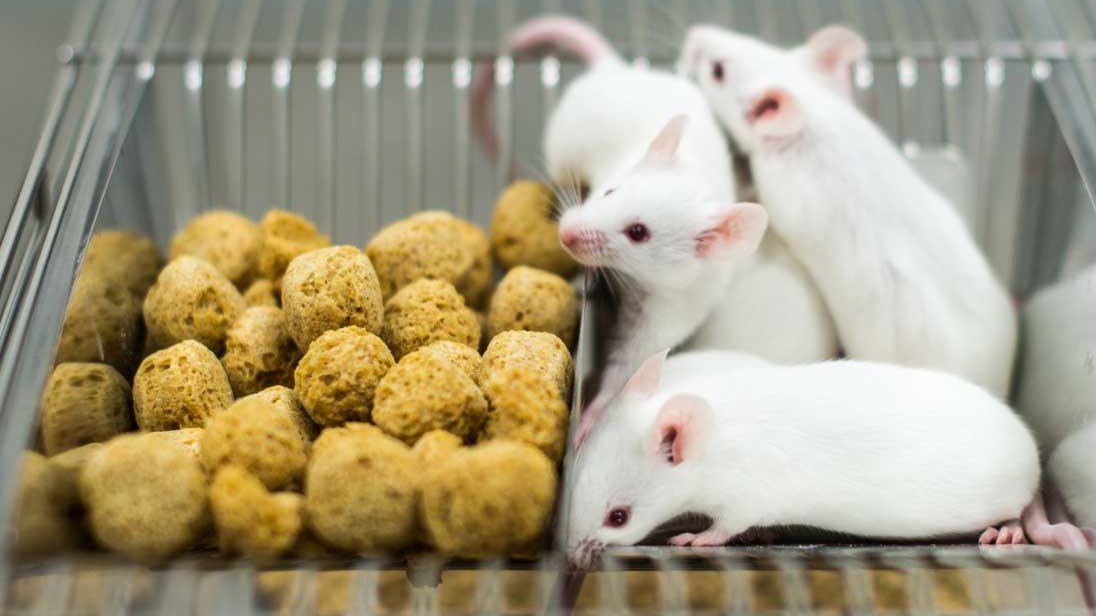
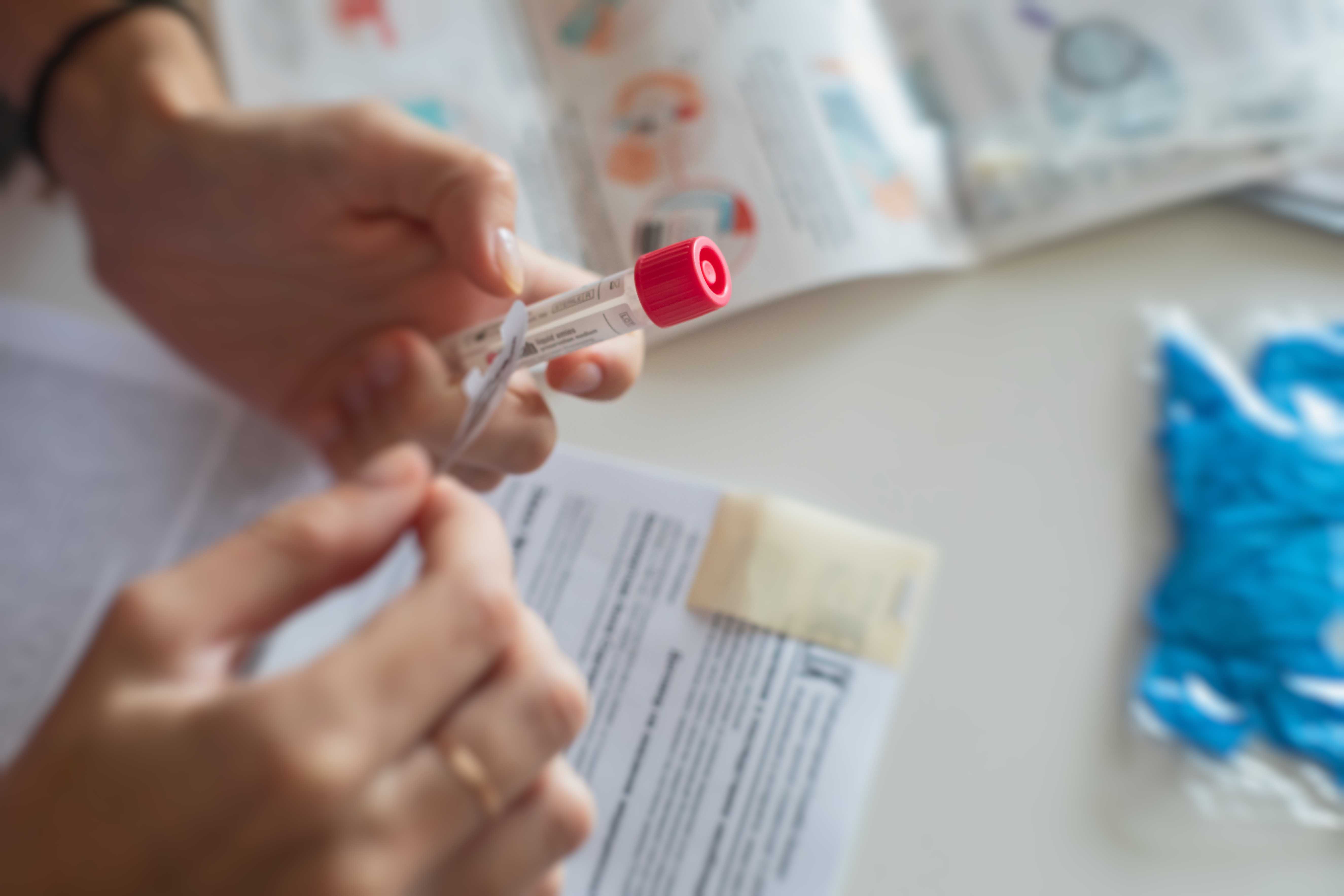
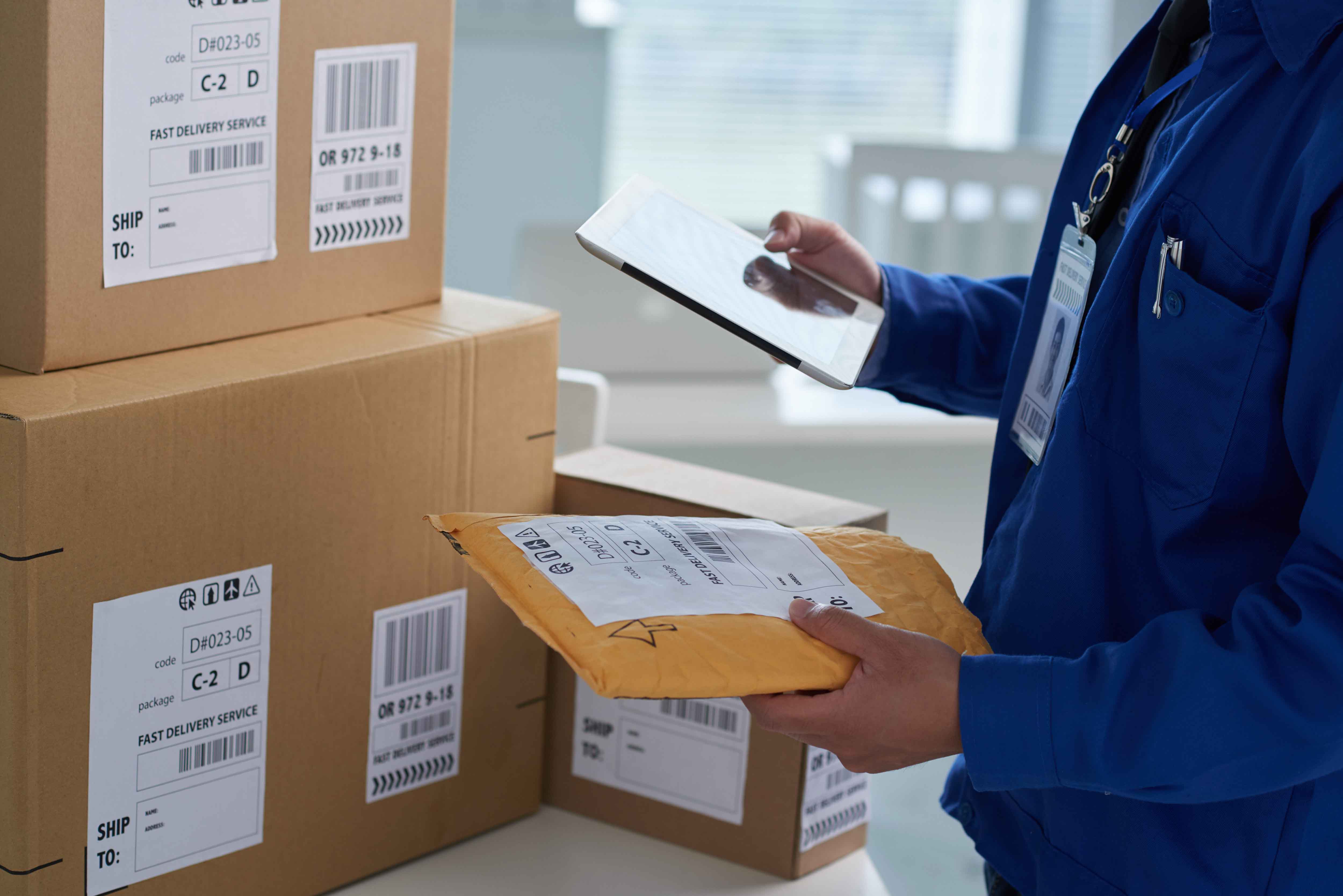
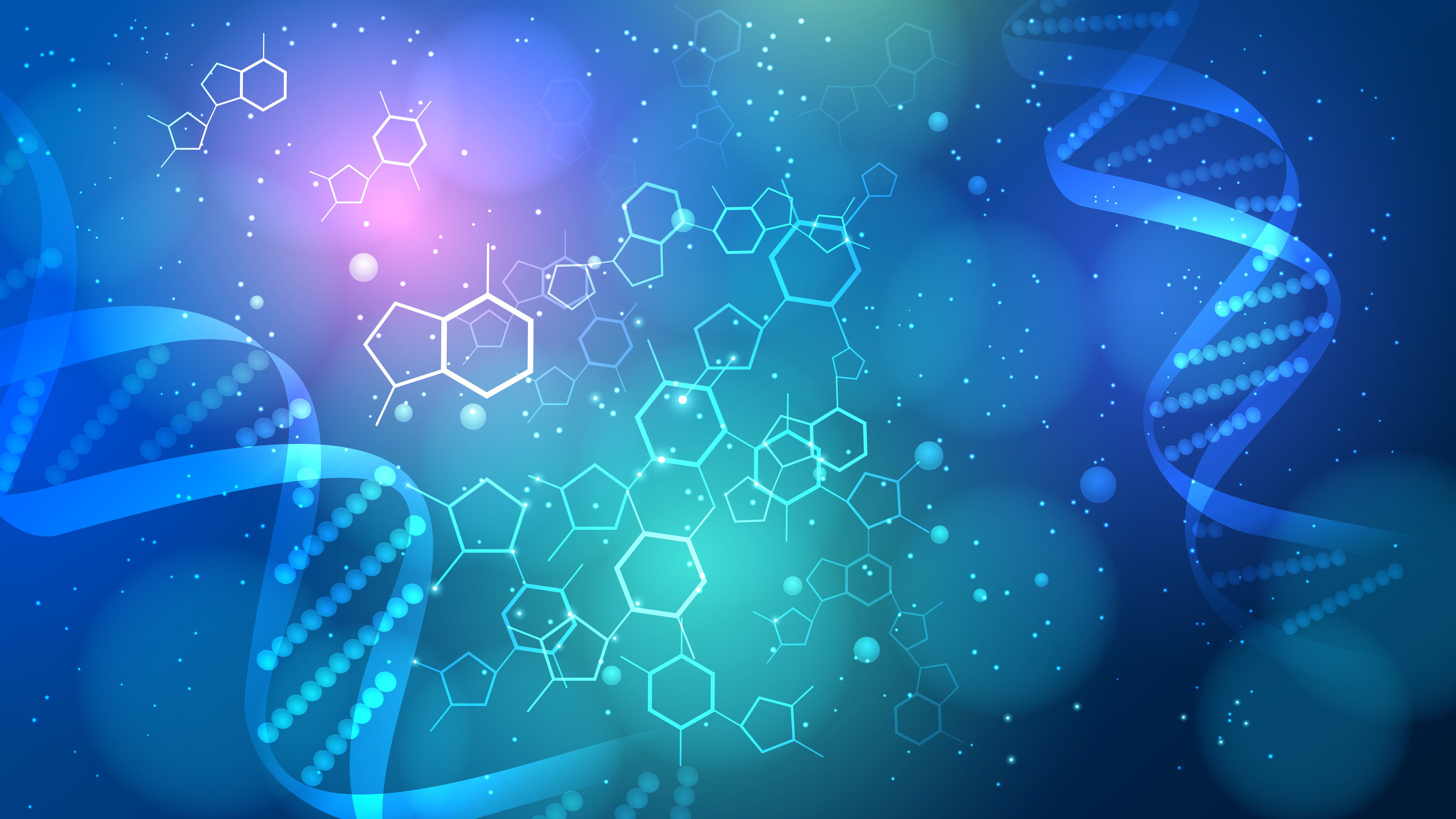





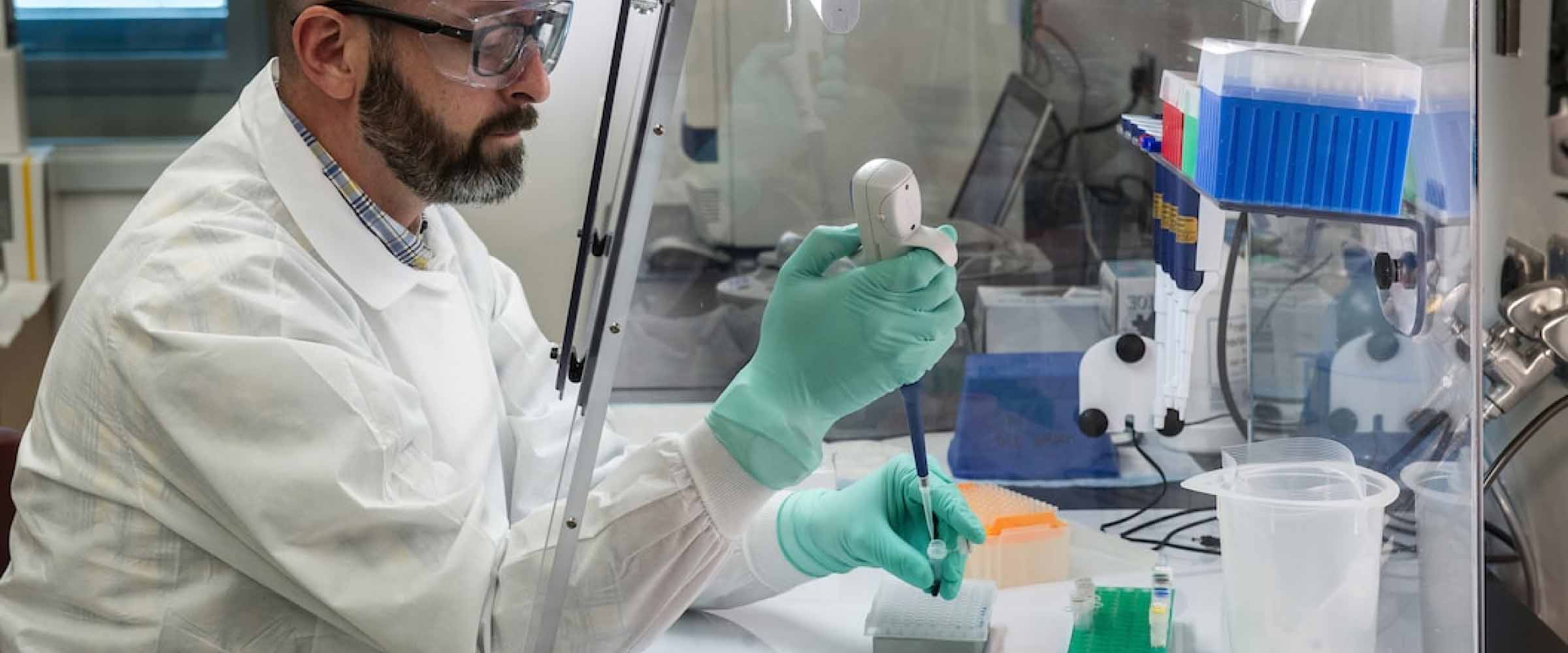
.jpg)

.jpg)
.jpg)
.jpg)
.jpg)
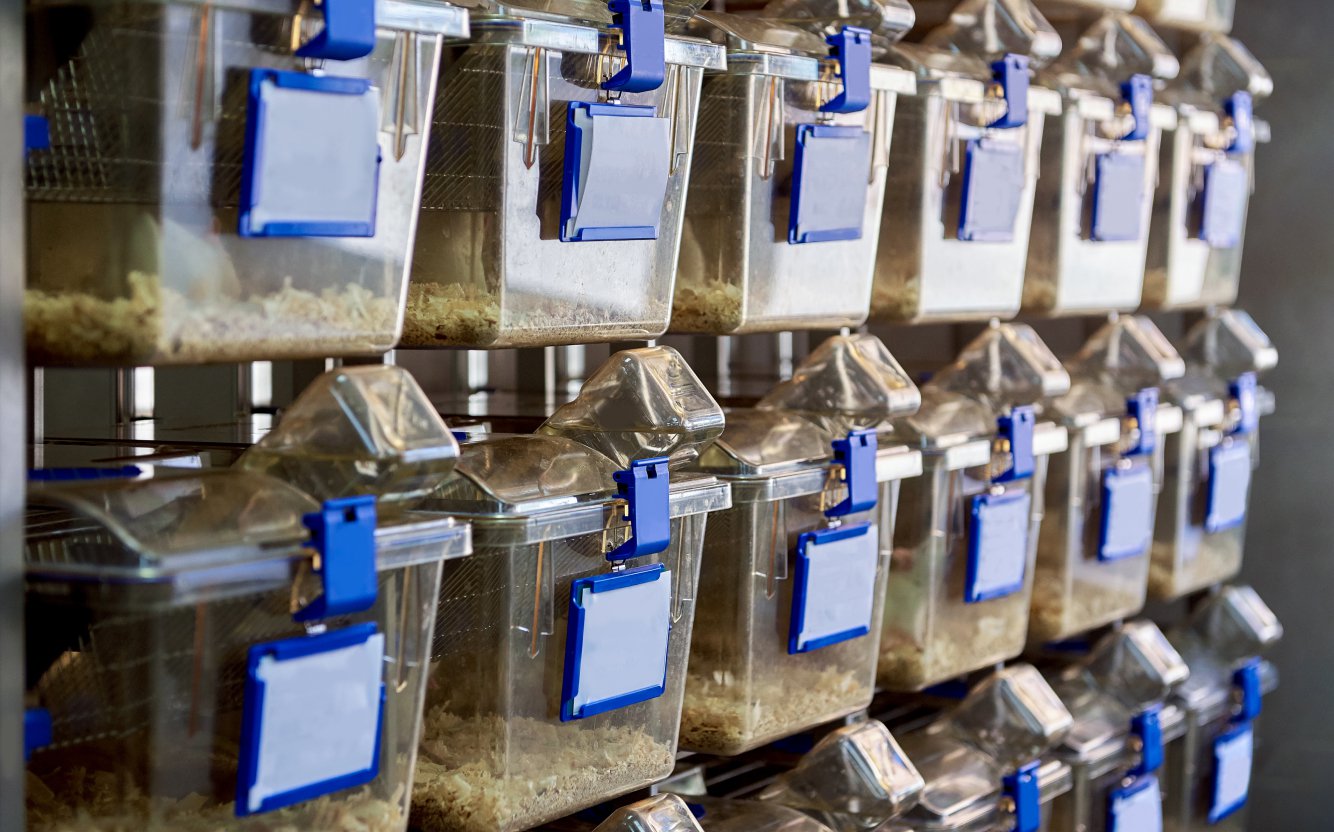
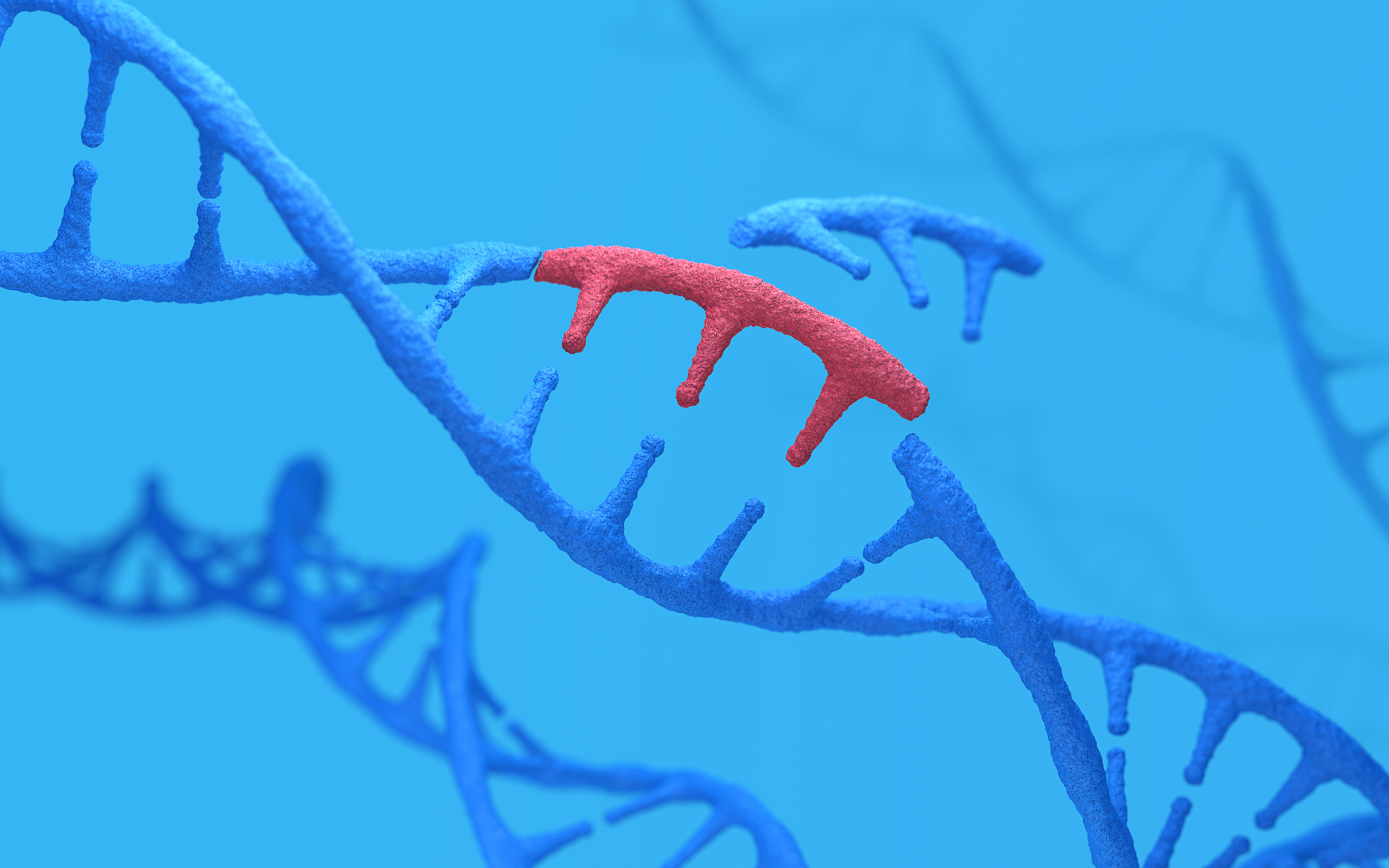
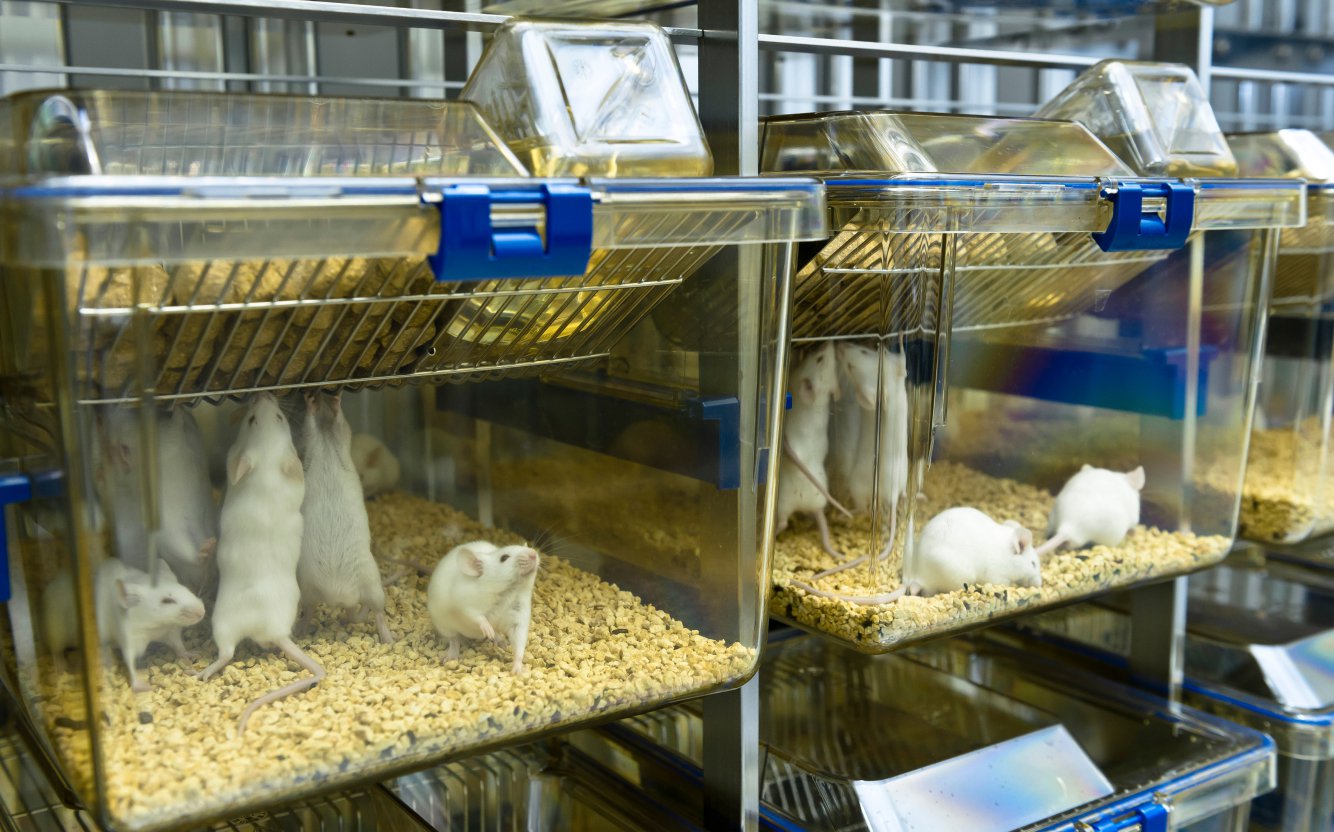


.jpg)

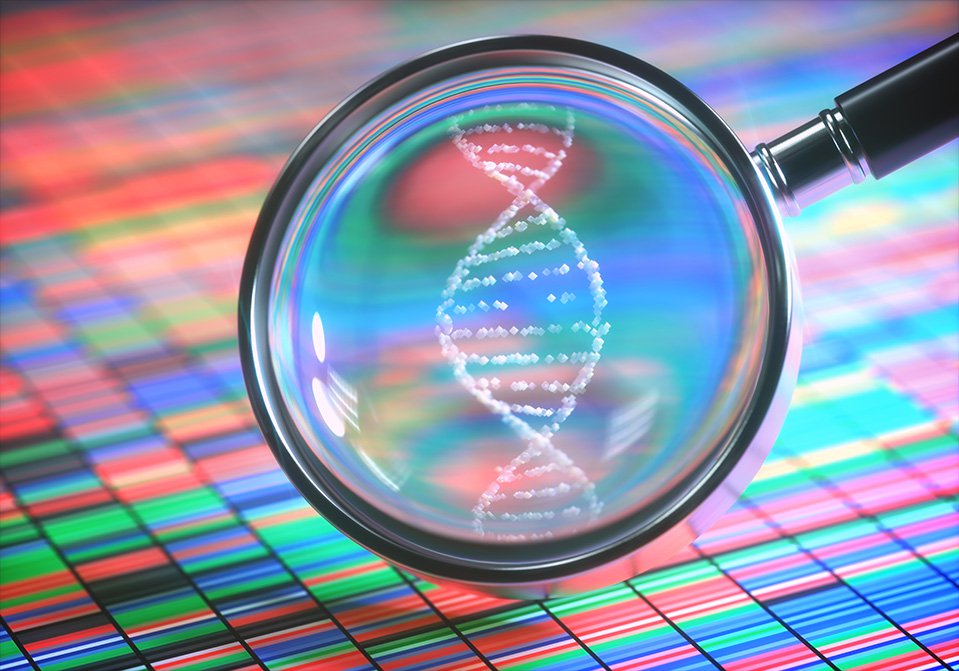
.jpg)
.jpg)
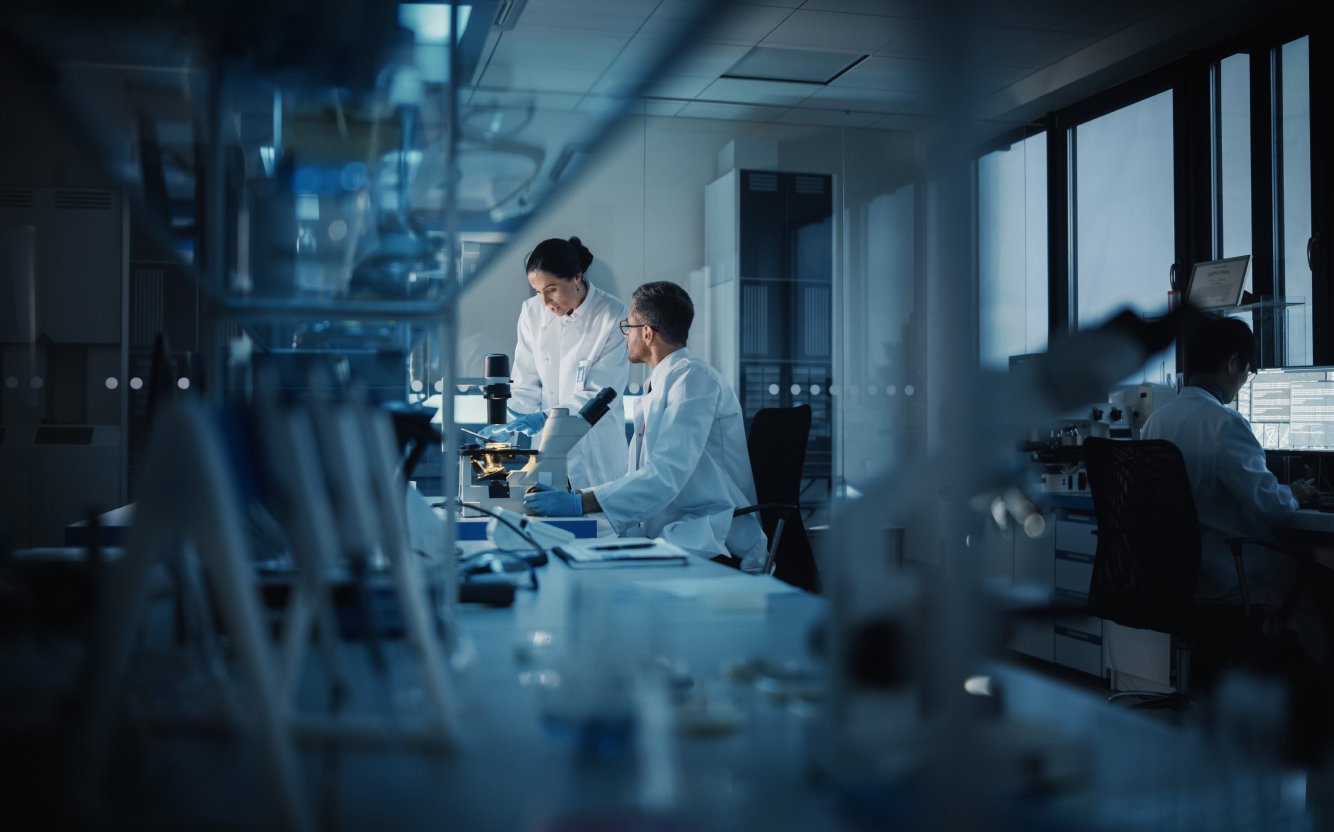
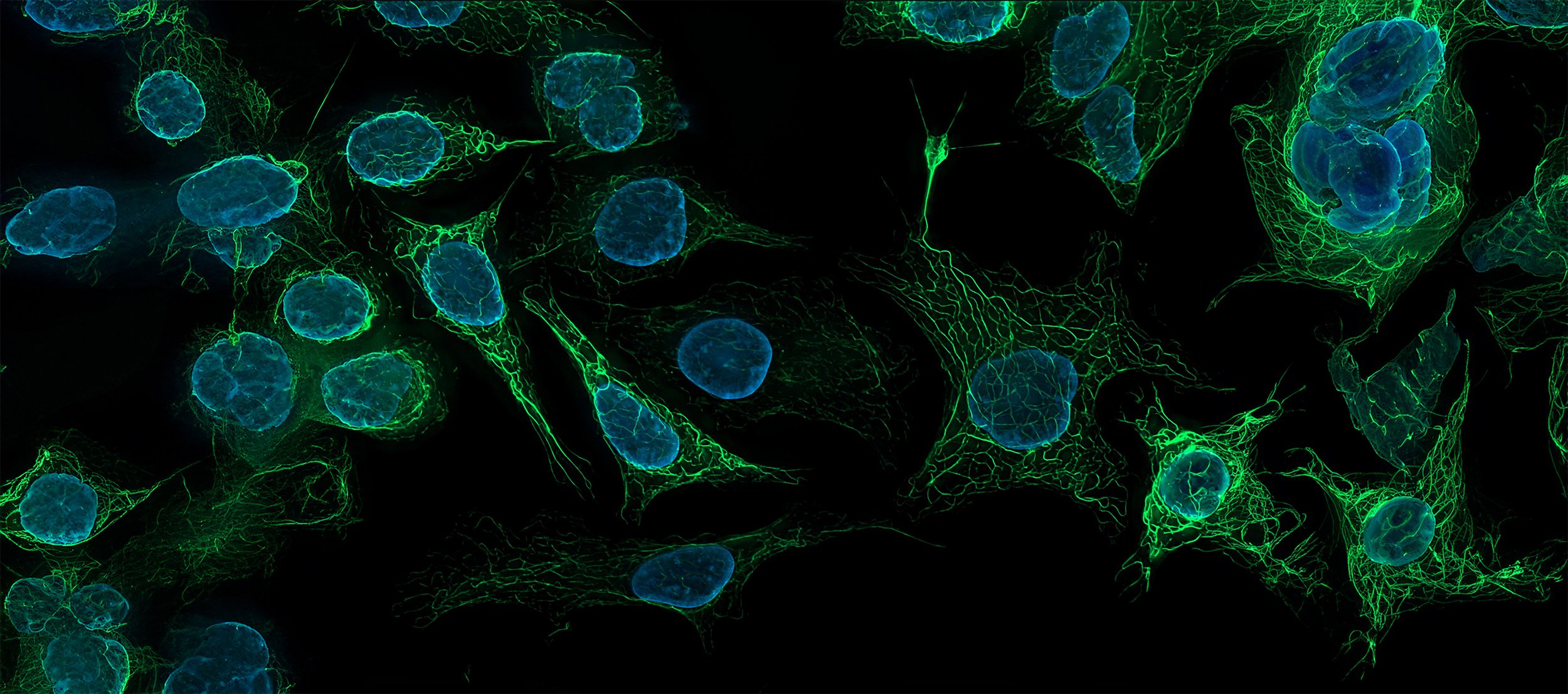
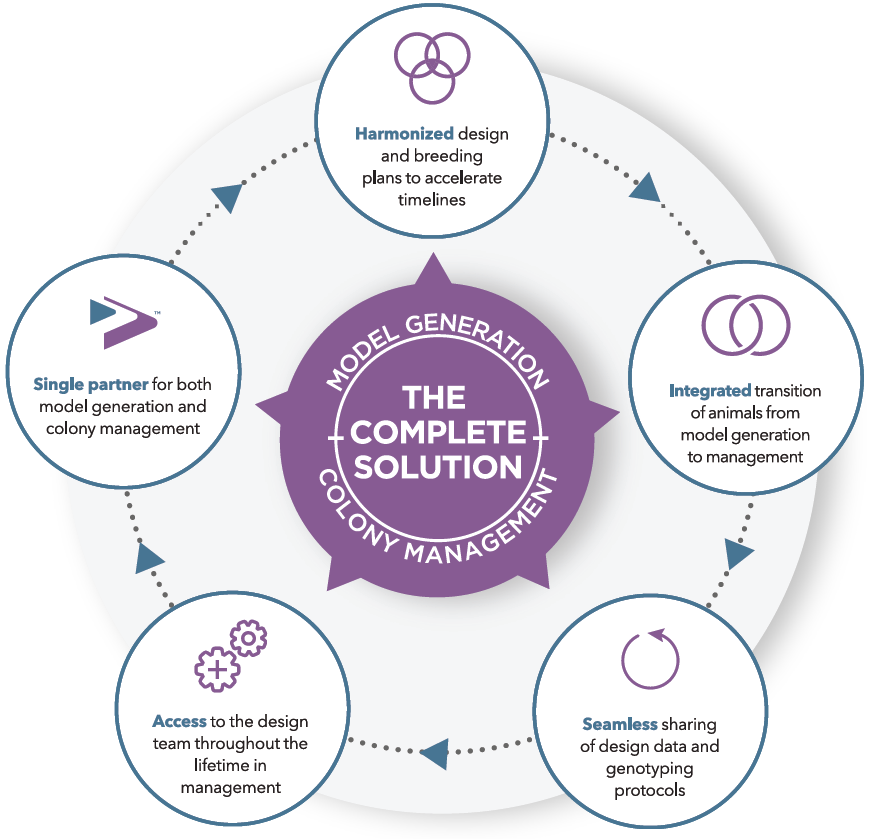
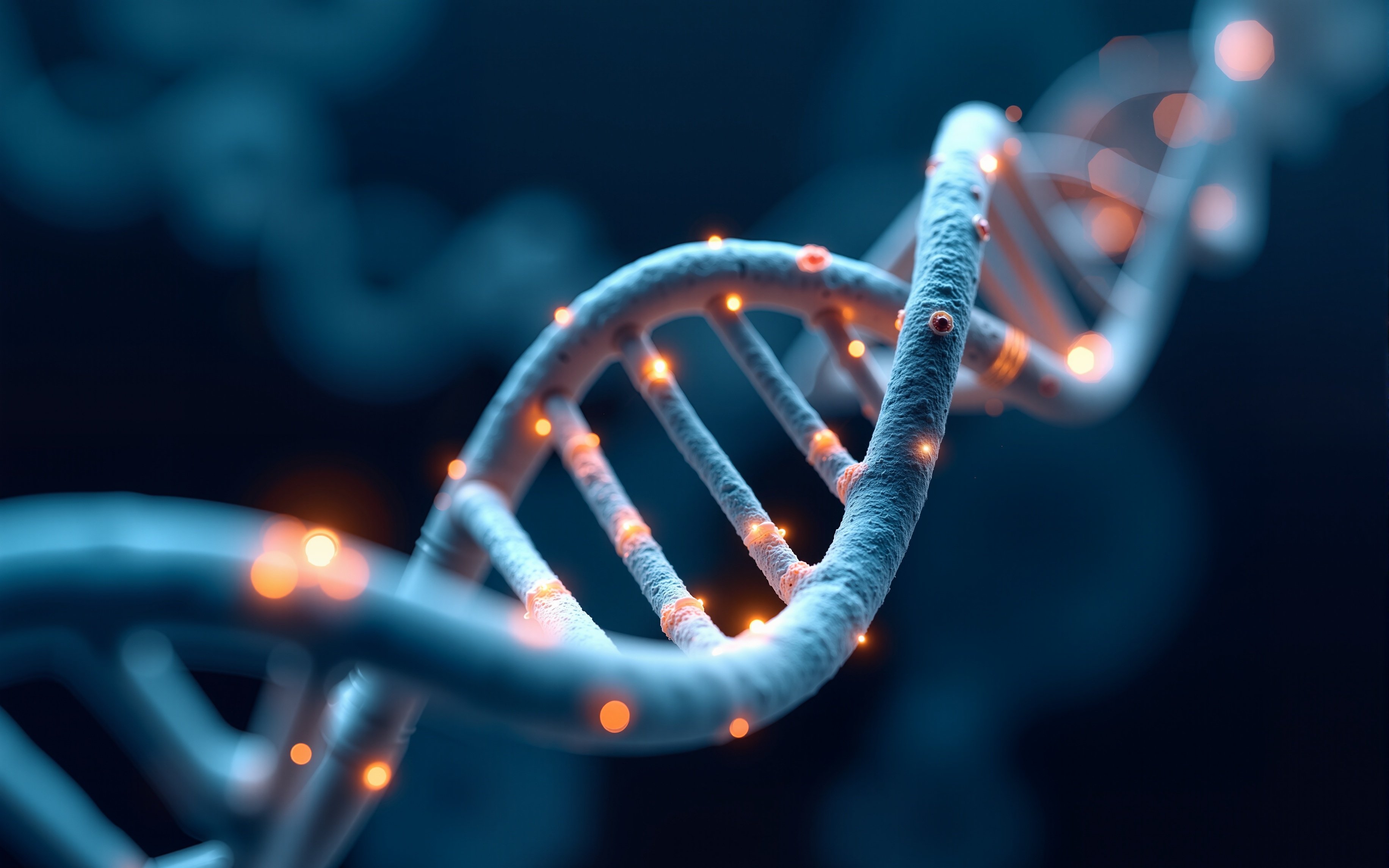
.jpg)

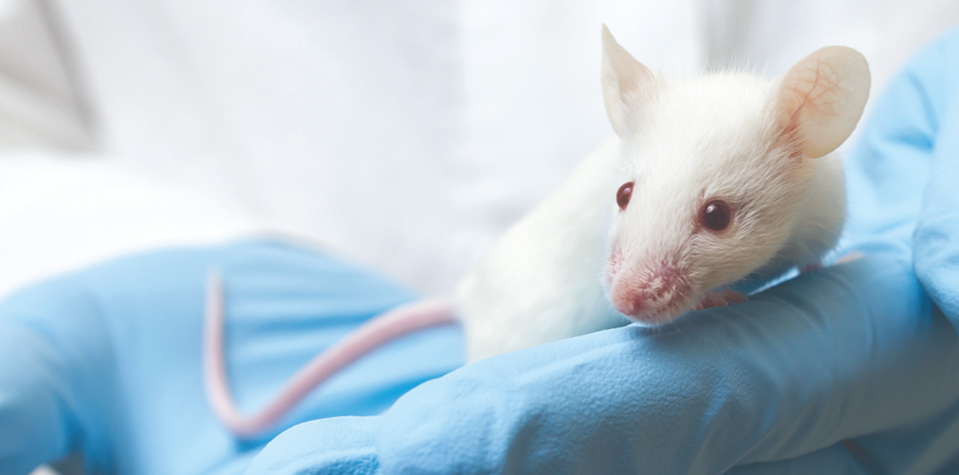

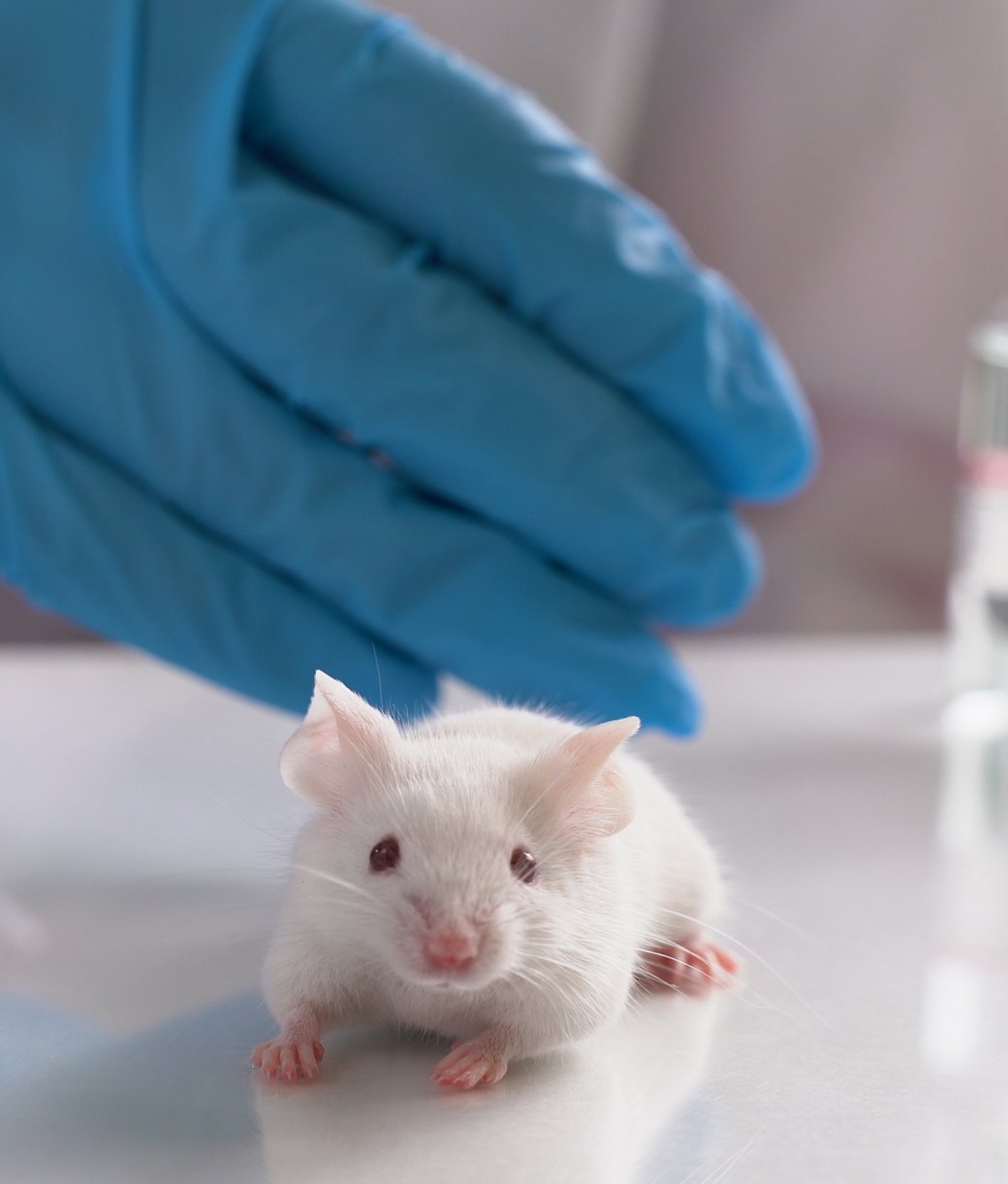

.jpg)

.jpg)


